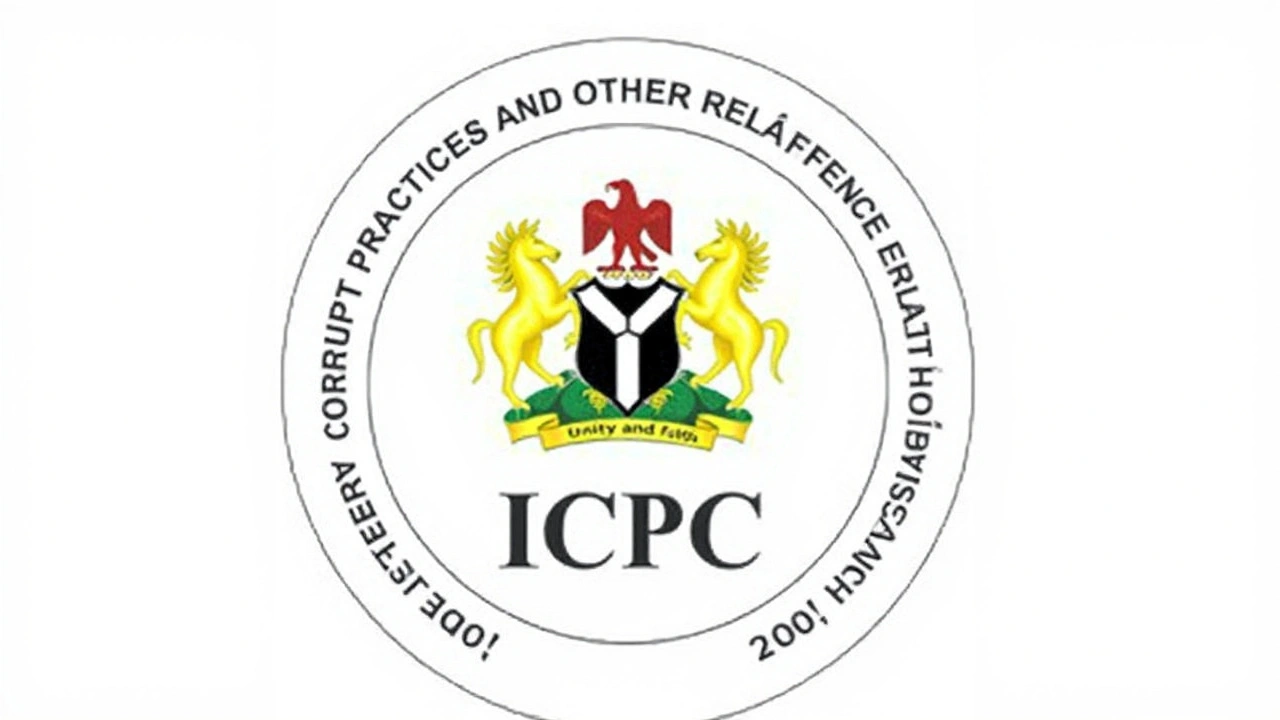NELFUND Pushes Back Against Accusations as Scrutiny Grows
The NELFUND has become the focus of heated controversy after rumors broke out accusing it of mishandling funds meant for student loans. Within hours, the Nigerian Education Loan Fund found itself fending off a flurry of accusations, as reports circulated about supposed missing money and shady transactions. Nigerians, ever skeptical about government interventions, were quick to voice concerns on social media about whether the country's fresh push to support university students had already gone off track.
Stepping up to set the record straight, Mrs. Oseyemi Oluwatuyi, the Fund’s Director of Strategic Communications, dismissed the allegations as not only false but also dangerous. In her view, these unfounded reports threaten to sabotage a program that’s just finding its feet—and could scare off families hoping to benefit from the scheme. For Oluwatuyi, there’s no grey area: the rumors are simply not true.

Inside the Student Loan Disbursement Process
NELFUND’s defense rests on the claim that every naira is accounted for. The Fund says it pays institutional fees straight into the accounts of approved universities and colleges. As for living allowances, the money goes directly to students—no middlemen, no mysterious third-party accounts. They've worked to tighten oversight, especially since a government financing initiative always invites close attention.
Yet even with these controls, suspicions have crept in from reports that some students noticed unauthorized deductions from their loan payouts. With the usual frustration around financial aid in Nigeria, it wasn’t long before critics began linking this to broader worries about corruption in the public sector.
The Education Minister, Dr. Maruf Olatunji Alausa, isn’t letting the allegations slide. He has called university vice-chancellors and the NELFUND leadership to a high-stakes meeting set for May 6, 2025. The agenda is simple: get to the bottom of these claims, nail down who’s responsible for any errors, and make sure every kobo serves its intended purpose. Dr. Alausa has made it clear that transparency isn’t up for debate—the audit trail for the student loan scheme must be watertight.
Since launching in 2024, NELFUND has continually tried to project an image of strict accountability. Their messaging now is blunt: no money has vanished, and there are no secret beneficiaries. But as investigations continue, students and their families are watching closely. Trust in the system hangs in the balance—and the next moves made by both the Fund and the Ministry will shape how Nigerians view the promise of affordable education now and in future years.
